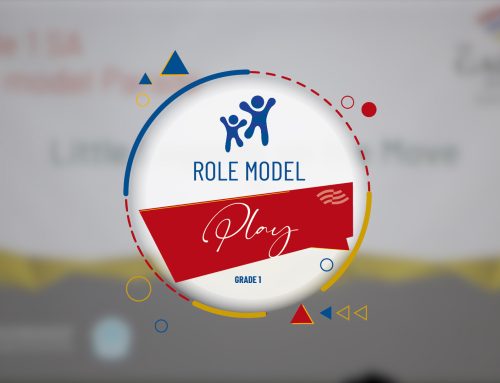Financial literacy represents one of the most crucial life skills young people can develop, yet it remains absent from many educational curricula worldwide. In an era where economic complexities continue to grow and traditional career paths evolve rapidly, understanding money management has become as essential as reading or writing. When children learn financial concepts early, they develop critical thinking abilities that extend far beyond monetary decisions, fostering analytical skills, long-term planning capabilities, and the confidence to navigate an increasingly complex economic landscape. This foundation doesn’t just prepare them for future financial challenges—it transforms how they approach problem-solving and decision-making in all areas of life.
The conversation between Srinika Mekala, a student from MYP 5B, and Dr. Tracy Corbat, Assistant Professor of Finance at Northwood University, exemplifies the transformative power of financial education. Through their insightful podcast discussion, they demonstrate how complex financial topics can be made accessible to young minds when presented with clarity and relevance. Dr. Corbat’s expertise in demystifying concepts from basic budgeting and saving to the intricacies of stock markets and investments shows that financial literacy isn’t an abstract adult concept, but a practical skill set that young people can grasp and apply immediately in their daily lives.
What makes this educational approach particularly powerful is how it shifts mindsets rather than simply transferring information. Dr. Corbat encourages critical thinking about money, helping students understand not just what to do with their finances, but why certain strategies work and how to adapt these principles to changing circumstances. This type of learning prepares young people to make informed decisions throughout their lives, whether they’re evaluating a college loan, starting their first job, considering entrepreneurial ventures, or planning for major life purchases. The ability to analyze, question, and strategize around financial decisions becomes a transferable skill that enhances their overall life competency.
Srinika’s thoughtful questions throughout the conversation reflect a generation that recognizes the importance of financial preparedness and actively seeks knowledge to secure their future. Her curiosity demonstrates how young people, when given the opportunity and proper guidance, naturally gravitate toward understanding concepts that will serve them throughout their lives. This engagement shows that financial education isn’t something to be delayed until adulthood, but rather a fundamental component of preparing young minds for the realities they’ll face in an evolving economic world where traditional financial security models no longer guarantee success.
The practical wisdom shared in this podcast extends beyond individual benefit to create ripple effects that strengthen entire communities. When young people develop financial confidence early, they become better equipped to avoid debt traps, build wealth responsibly, and make economic decisions that support not only their personal goals but also contribute to broader economic stability. Whether the audience consists of teenagers beginning to explore financial independence or parents seeking to nurture financial awareness at home, this type of educational content represents more than just a conversation—it’s an investment in creating financially literate citizens who can adapt, thrive, and lead in an uncertain economic future.






Leave A Comment